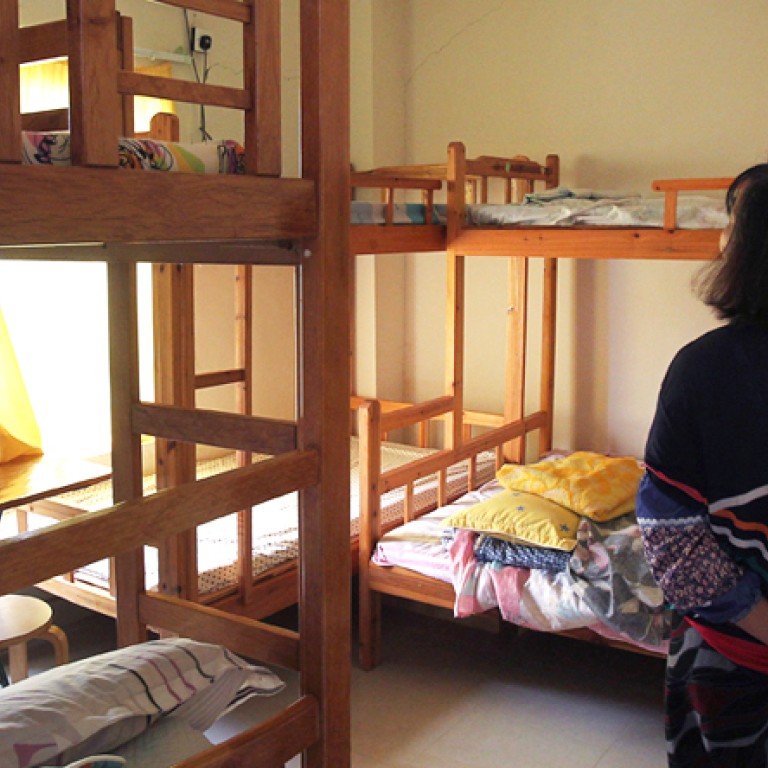
Hong Kong government urged to allow 'flexible' operation of hostels for hikers
Operator fined for running hikers' shelter at his house in New Territories says he can't afford to retrofit property to meet legal standards
Villagers should be given flexibility in running businesses like bed-and-breakfast hostels in their countryside properties, an operator and a conservationist say.

The operator of the hiker-friendly shelter, Tsang Kin-shui, said the prosecution had killed his business and that he could only keep it going by paying to retrofit it to the same standards as guesthouses in urban areas.
Tsang called the prosecution a "misplaced priority".
"We are not Chungking Mansions. We are here to help tourists in need. And we are rarely as full as guesthouses downtown."
Tsang said it was too expensive to retrofit his house to meet legal requirements such as fire safety provisions.
"Can we have different rules from the city so that we can continue to provide the services?"
He suggested sprinklers could be replaced with fire extinguishers to take into account their unique situation.
In December last year, six "hikers" knocked on Tsang's door in separate groups and asked to stay for the night. Upon arrival they pressed the couple to issue receipts. But when these were issued, the hikers revealed themselves as home affairs officers and the cash notes they handed over were all marked.
The two-storey village house, known as Fu Lee Teahouse, is a popular rest point, offering traditional Hakka dishes and tea to hikers. It also offered a bed for about HK$150 per head per night.
Most of the 17 bed spaces on offer in three second-floor bedrooms were bunk beds. The beds, apart from fans and air-conditioners, are the only fittings in the rooms. There are shared shower and toilet facilities downstairs.
"There are elderly hikers who prefer to take a rest first before continuing their hike the next day. Some want to stay a few hours so they can go up to the peak of Tiu Tang Lung at dawn. Others simply love this quiet and beautiful environment," said Tsang.
Dr Ng Cho-nam, a member of the Country and Marine Parks Board, said the government could have used discretion as the bed and breakfast operation was entirely different from businesses in urban areas.
"The prosecution could have made those villagers think there isn't any opportunity for them to make a living by staying in the countryside. So it is very likely that they will oppose any plans for country park extensions," he said.
Earlier, the reported that the Agriculture, Fisheries and Conservation Department had come up with a plan to incorporate five out of 11 enclaves in Plover Cove into the country park there. Sam A Tsuen, which is one of the 11, is excluded.
A spokesman for the Home Affairs Department said they prosecuted the Tsang couple as their guesthouse was not licensed. It said the department had already adopted a "flexible and pragmatic approach" in formulating building and fire safety requirements in village-type houses.
